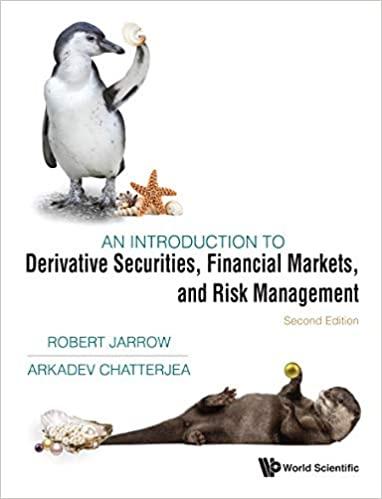Question
Maple Leaves Inc. produces portable ice rinks. The standard cost for one rink is as follows: Standard Quantity or Hours 1.40 kilograms 1.10 hours Direct
Maple Leaves Inc. produces portable ice rinks. The standard cost for one rink is as follows: Standard Quantity or Hours 1.40 kilograms 1.10 hours Direct materials Direct labour Variable manufacturing overhead 0.50 machine-hours Total standard cost Standard Price or Rate $5.00 per kilogram $5.00 per hour $3.00 per machine-hour Standard Cost $ 7.00 5.50 1.50 $14.00 The plant has been having problems for some time, as is shown by its December income statement when it produced and sold 14,000 rinks; the normal amount is 14,150 rinks per month. Fixed costs are allocated using machine-hours. Flexible Budgeted Actual Sales (14,000 rinks) $450,000 $450,000 Less: Variable expenses: Variable cost of goods sold* 196,000 202,180 Variable selling expenses 18,700 18,700 Total variable expenses 214,700 220,880 Contribution margin 235,300 229,120 Less: Fixed expenses: Manufacturing overhead 121,000 121,000 Selling and administrative 78,400 78,400 Total fixed expenses 199,400 199,400 Net income $ 35,900 $ 29,720 *Contains direct materials, direct labour, and variable manufacturing overhead. Madison Eastwood, the general manager wants to get things under control. She needs information about December operations since the income statement showed that the problem could be due to the variable cost of goods sold. Eastwood learns the following about operations and costs in December: a. 30,700 kilograms of materials were purchased at a cost of $4.00 per kilogram. b. 24,800 kilograms of materials were used in production. (Finished goods and work-in-process inventories are insignificant and can be ignored.) c. 15,000 direct labour-hours were worked at a cost of $6 per hour. d. Variable manufacturing overhead cost totalling $18,880 for the month was incurred. A total of 5,900 machine-hours was recorded. It is the company's policy to close all variances to cost of goods sold on a monthly basis. 1. Compute the following variances for December: a. Direct materials price and quantity variances. (Indicate the effect of each variance by selecting "F" for favourable, "U" for unfavourable, and "None" for no effect (i.e., zero variance).) Material price variance Material quantity variance b. Direct labour rate and efficiency variances. (Indicate the effect of each variance by selecting "F" for favourable, "U" for unfavourable, and "None" for no effect (i.e., zero variance).) Labour rate variance Labour efficiency variance c. Variable overhead spending and efficiency variances. (Indicate the effect of each variance by selecting "F" for favourable, "U" for unfavourable, and "None" for no effect (i.e., zero variance).) Variable overhead spending variance Variable overhead efficiency variance

Step by Step Solution
There are 3 Steps involved in it
Step: 1

Get Instant Access to Expert-Tailored Solutions
See step-by-step solutions with expert insights and AI powered tools for academic success
Step: 2

Step: 3

Ace Your Homework with AI
Get the answers you need in no time with our AI-driven, step-by-step assistance
Get Started


